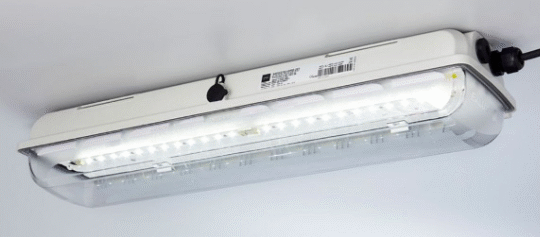
Solar panel installation refers to the process of setting up solar panels on rooftops, grounds, or other suitable locations to harness the power of the sun and convert it into electricity. This renewable energy solution has gained immense popularity in recent years due to its environmental benefits and cost-saving advantages.
Benefits of Solar Panel Installation
1. Renewable Energy Source: Solar panels use sunlight, a natural and abundant resource, to generate electricity. Unlike fossil fuels, solar energy is sustainable and does not harm the environment.
2. Reduction in Utility Bills: Installing solar panels can significantly reduce your electricity bills as you rely on the power generated by the sun rather than purchasing electricity from utility companies.
3. Return on Investment: While the upfront cost of solar panel installation may be high, it is a long-term investment that pays off over time. The savings on electricity bills and possible government incentives make it a financially beneficial choice.
4. Energy Independence: Solar energy provides homeowners and businesses with the freedom to generate their own electricity, reducing reliance on external sources and contributing to energy independence.
5. Environmental Benefits: Solar panels produce clean and green energy, which helps reduce greenhouse gas emissions and air pollution. By choosing solar power, you contribute to a cleaner and healthier planet.
The Solar Panel Installation Process
1. Site Assessment: A professional solar panel installer will visit your property to evaluate its suitability for solar panel installation. Factors such as roof orientation, shading, and structural integrity are assessed during this stage.
2. Design and Permits: Once the site assessment is complete, the installer designs a customized solar panel system based on your energy requirements. They also handle the necessary permits and paperwork required for the installation process.
3. Installation: On the scheduled day, the installer will mount the solar panels on your roof or the chosen location using specialized equipment. They ensure that the panels are positioned optimally to receive maximum sunlight.
4. Wiring and Connection: After the panels are installed, the electrical wiring is connected to your existing electrical system. This allows the solar power generated to flow into your home or business smoothly.
5. Inspection and Activation: Once the installation is complete, a thorough inspection is conducted to ensure the system functions correctly and meets local safety standards. After approval, the solar panel system is activated and ready to produce clean energy.
In conclusion, solar panel installation offers numerous benefits, from reducing utility bills to contributing to a greener and more sustainable future. If you are interested in solar panel installation, you can visit our website, h2argus.com, for more information and to explore our offerings. Take a step towards clean energy and join the solar revolution today!


